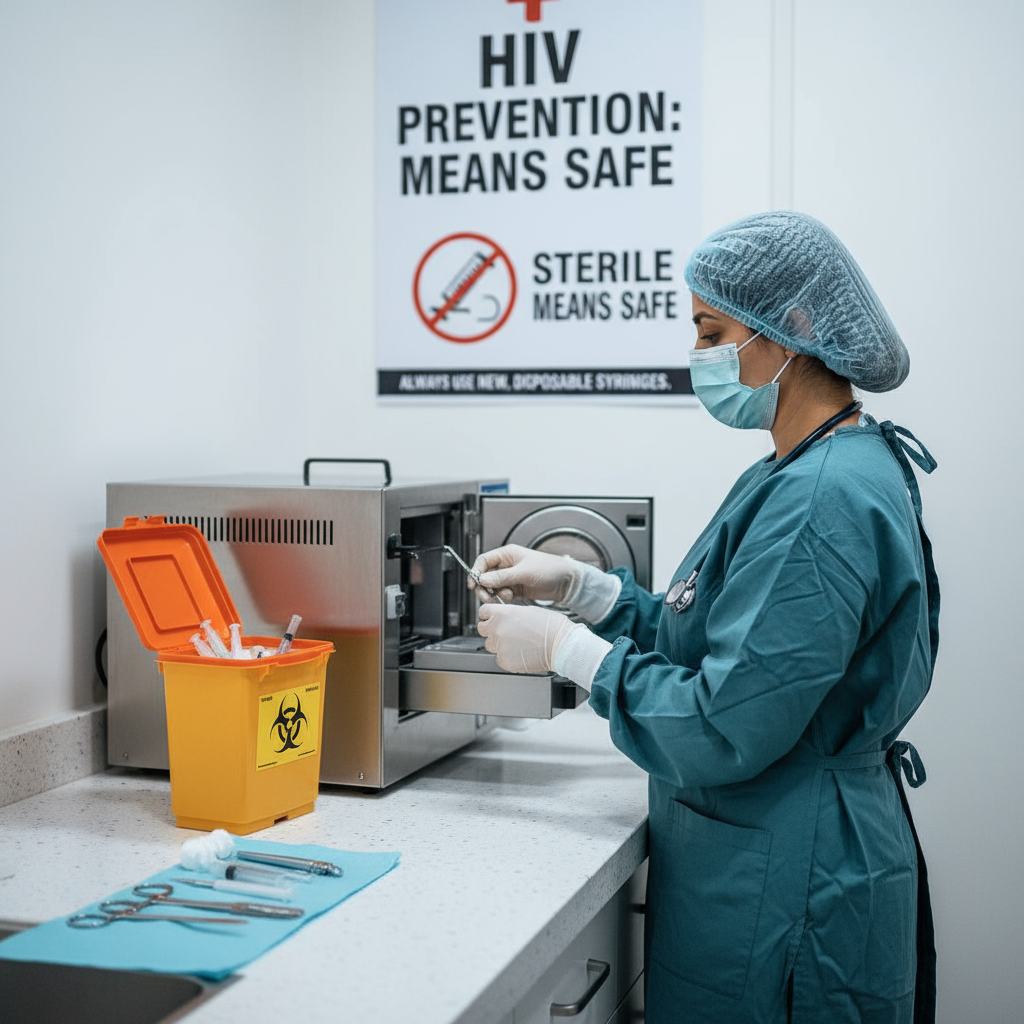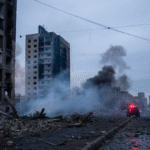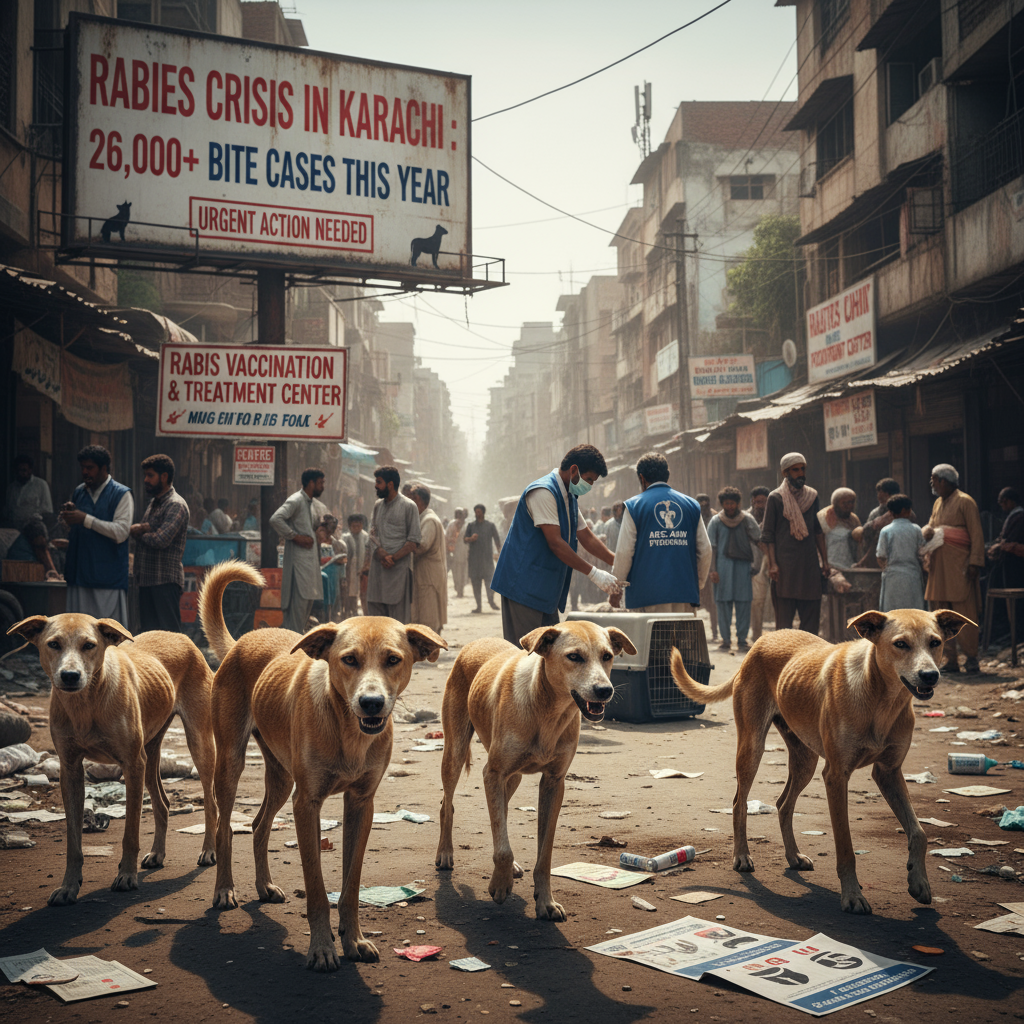Pakistan is experiencing a sharp increase in HIV cases, prompting experts to warn that the country is now facing a concentrated epidemic. Although the government has pledged to meet Sustainable Development Goal targets on HIV control, progress has been sluggish, and health officials stress that immediate action is essential.
While HIV is most commonly transmitted through unprotected sex, shared needles, and from mother to child, a growing but less recognized threat comes from unregulated beauty salons, barbershops, and cosmetic clinics. In many of these establishments, basic hygiene practices are neglected. Tools such as razors, scissors, clippers, and needles are often reused without proper sterilization, creating a direct risk of spreading HIV and other blood-borne infections.
The cosmetic sector adds further concern, with procedures like hair transplants, microneedling, and injectable treatments frequently carried out by untrained practitioners. The lack of certified medical supervision places clients at significant risk. Specialists are calling for stricter regulations, including mandatory licensing, professional training, and routine inspections, to enforce safe practices.
Raising public awareness is equally vital. Deep-rooted stigma and widespread misconceptions about HIV discourage many people from seeking testing or treatment. Experts argue that comprehensive education campaigns, combined with stronger regulatory oversight, are key to prevention. Without decisive measures, Pakistan could see this preventable health crisis escalate even further.






